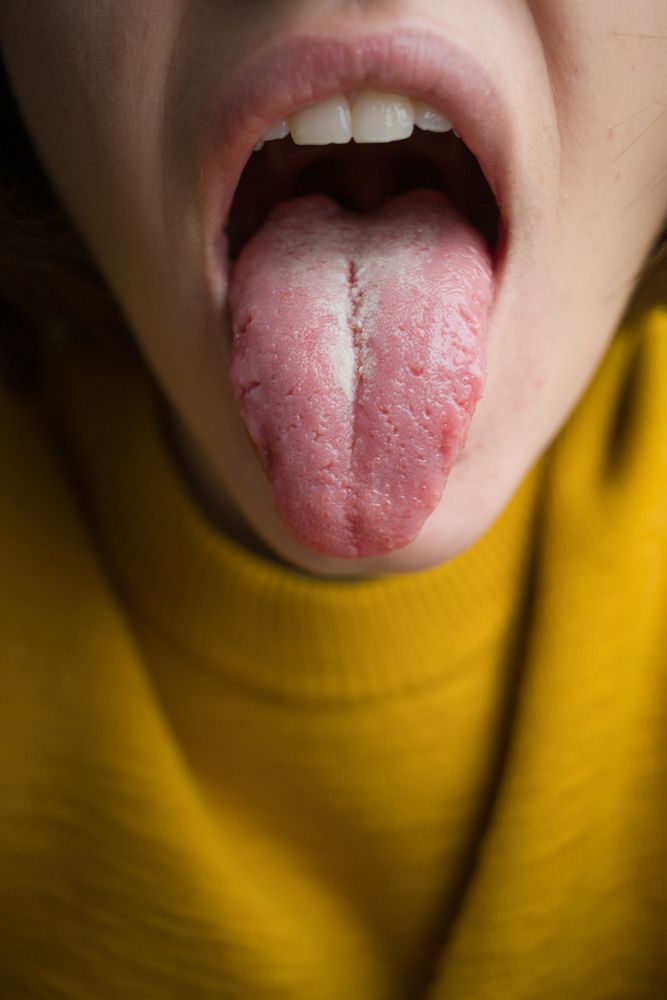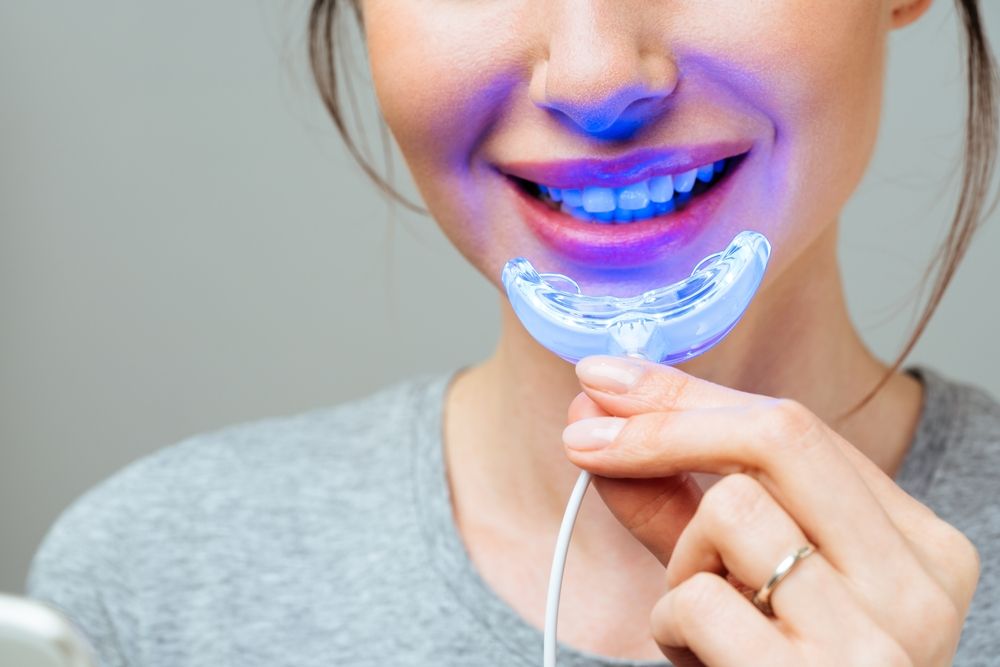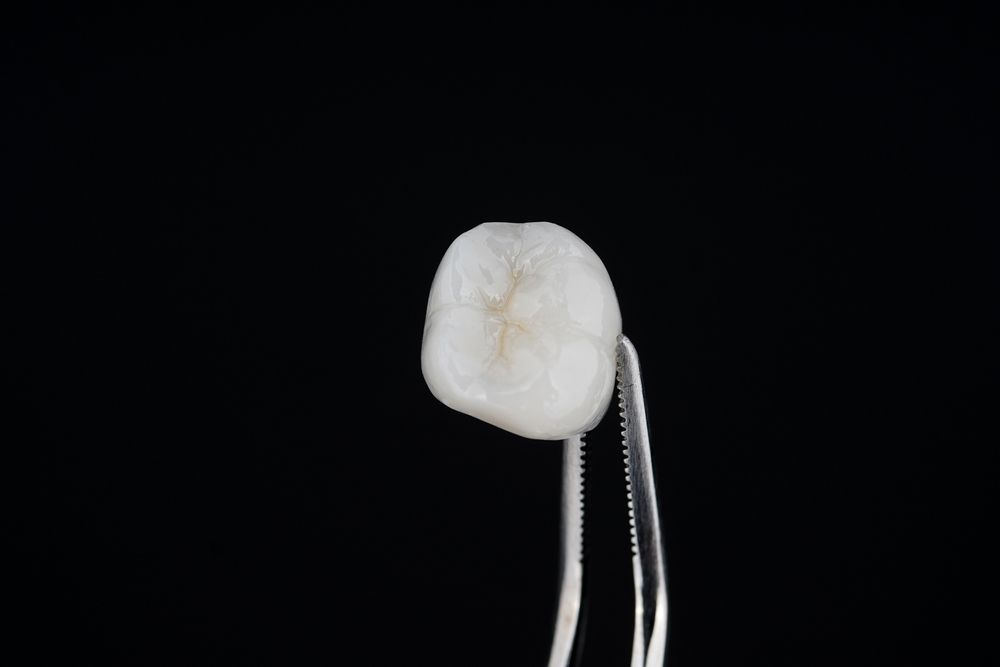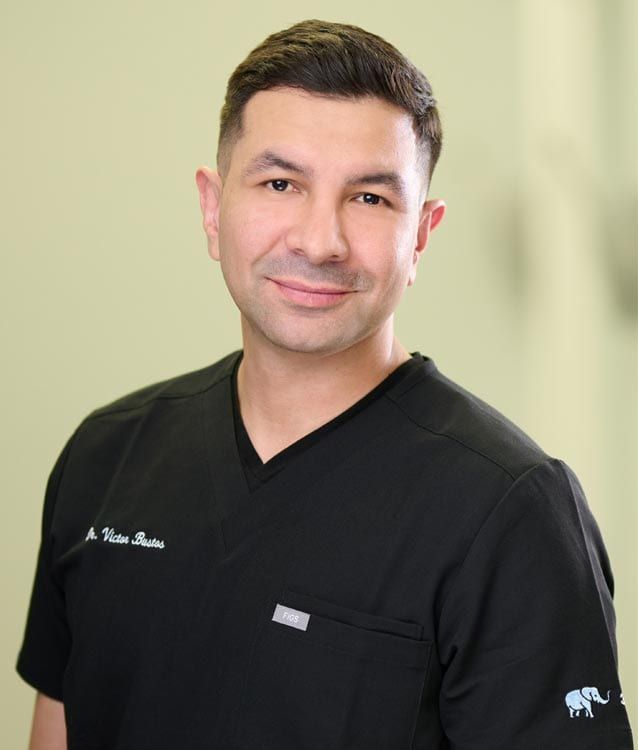After oral surgery, you’ll need time to recover. However, following your oral surgeon’s instructions is paramount to a successful recovery. What you do after your surgery can affect your entire body and how your mouth feels while healing. Your oral surgeon will give you a list of things you should do and things you shouldn’t do. You must follow them to the best of your ability.
Tips for Recovering After Oral Surgery
What Should You do After Oral Surgery
Recovering from oral surgery can be a challenging process. Your surgeon might give you this list to help make your recovery easier:
- Get plenty of rest: Limiting physical activity for the first 24 hours after surgery can reduce swelling, bleeding, and pain. Some surgeries require the patient to be sedated, so you’ll be drowsy, and your ability to function will be limited for the first day or two. Resting for at least three days after your surgery is preferred, but surgeons know that’s not always possible. Most will recommend resting for at least 24 hours.
- Take all prescribed medications: Your surgeon will prescribe medications to help you heal. Take them as directed, even if they’re antibiotics. And if you’re taking antibiotics after surgery, take all of them until you’re out. The prescribed medications will ease your pain, reduce inflammation, reduce nausea, and help you heal faster.
- Eat soft foods: Soft foods like soup, yogurt, and mashed potatoes can help provide the nutrients your body needs to recover. Soft foods and fluids during the first few days of recovery can reduce unnecessary damage to your surgery site. Soft foods also reduce the pressure on your mouth that chewing can cause.
- Use an ice pack: An ice pack during the day can reduce swelling during the first days of recovery. Alternate using the ice pack for fifteen minutes each time. An ice pack can provide immediate relief from pain and swelling. And within five days, the swelling should be almost gone.
What You Shouldn’t do After Oral Surgery
The list of things to help you recover is long. But many things can lead to complications after surgery. These things are:
- Don’t smoke: Tobacco products contain nicotine, restricting blood flow and slowing your healing process. Smoking can also lead to long-term effects like lung cancer. Some tobacco products can also cause mouth cancer.
- Don’t drink alcohol: Alcoholic beverages can conflict with your medication. Alcohol also acts as a blood thinner, weakening blood clots your body needs to heal and delaying healing. It’s vital to avoid alcohol for at least two days after surgery to support healing.
- Don’t eat anything spicy or acidic: Acidic candies, spicy meals, and hot food can irritate sensitive gums and tissues around the surgery site. Sticky or hard foods can irritate the gums and remain stuck to the teeth. Keeping the surgical site clean is more difficult if your food remains stuck.
Contact the Dentists at 3D Dentistry to Learn About Oral Surgery.
Following your surgeon’s instructions after oral surgery is essential to healing correctly. If you want to learn about our services, call 3D Dentistry to schedule a pre-op appointment!






